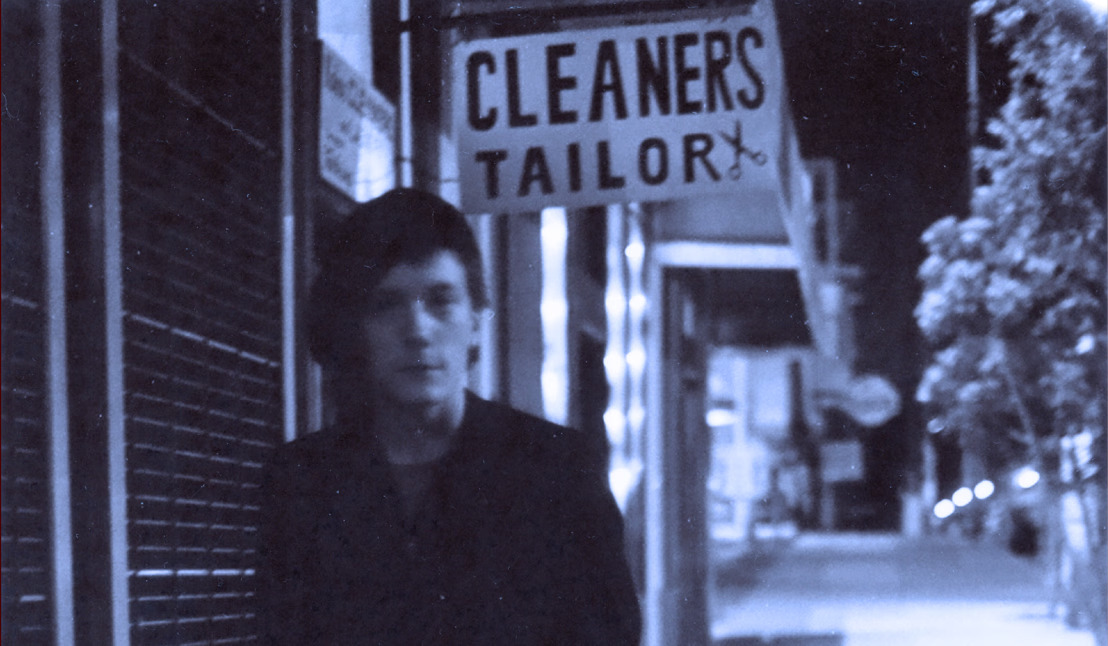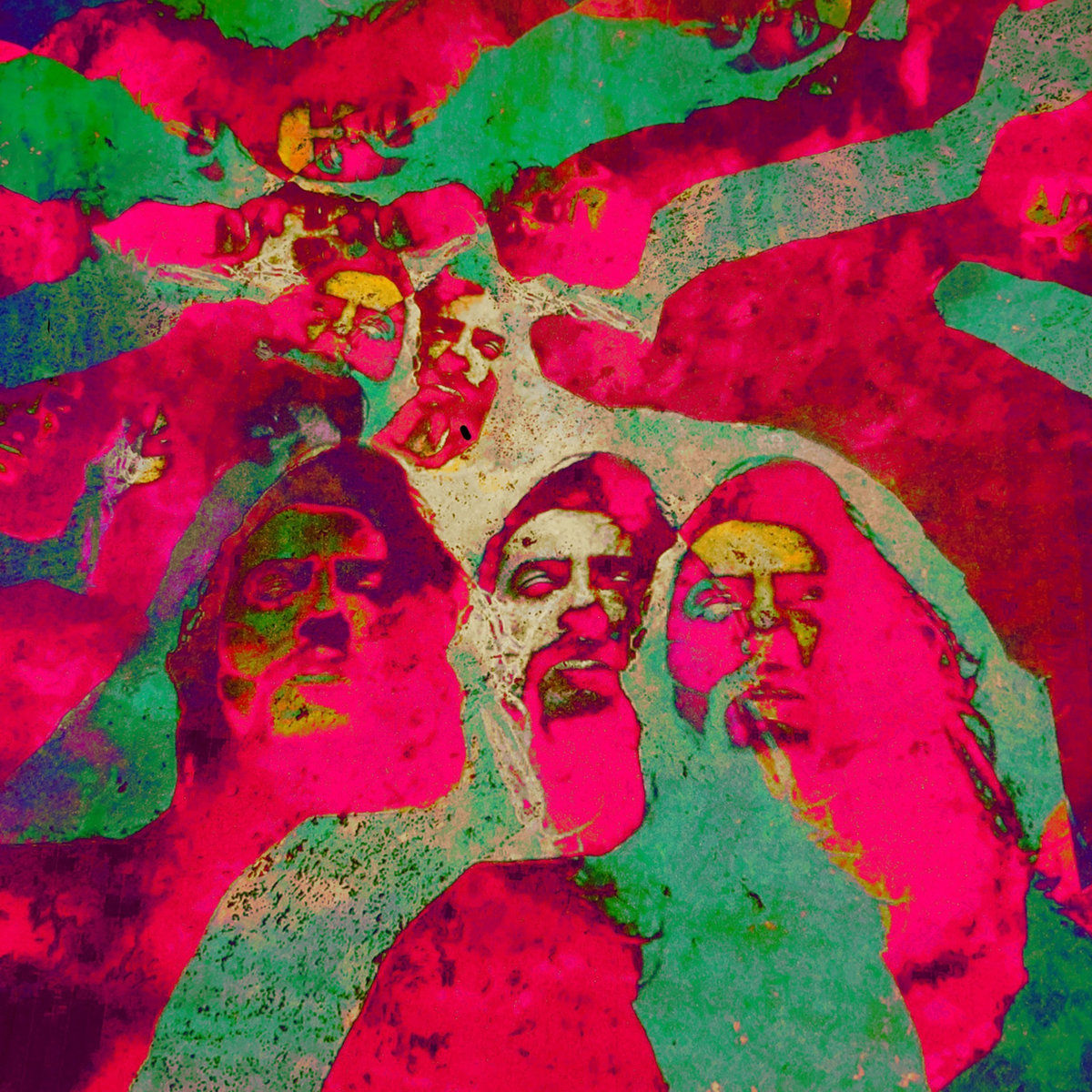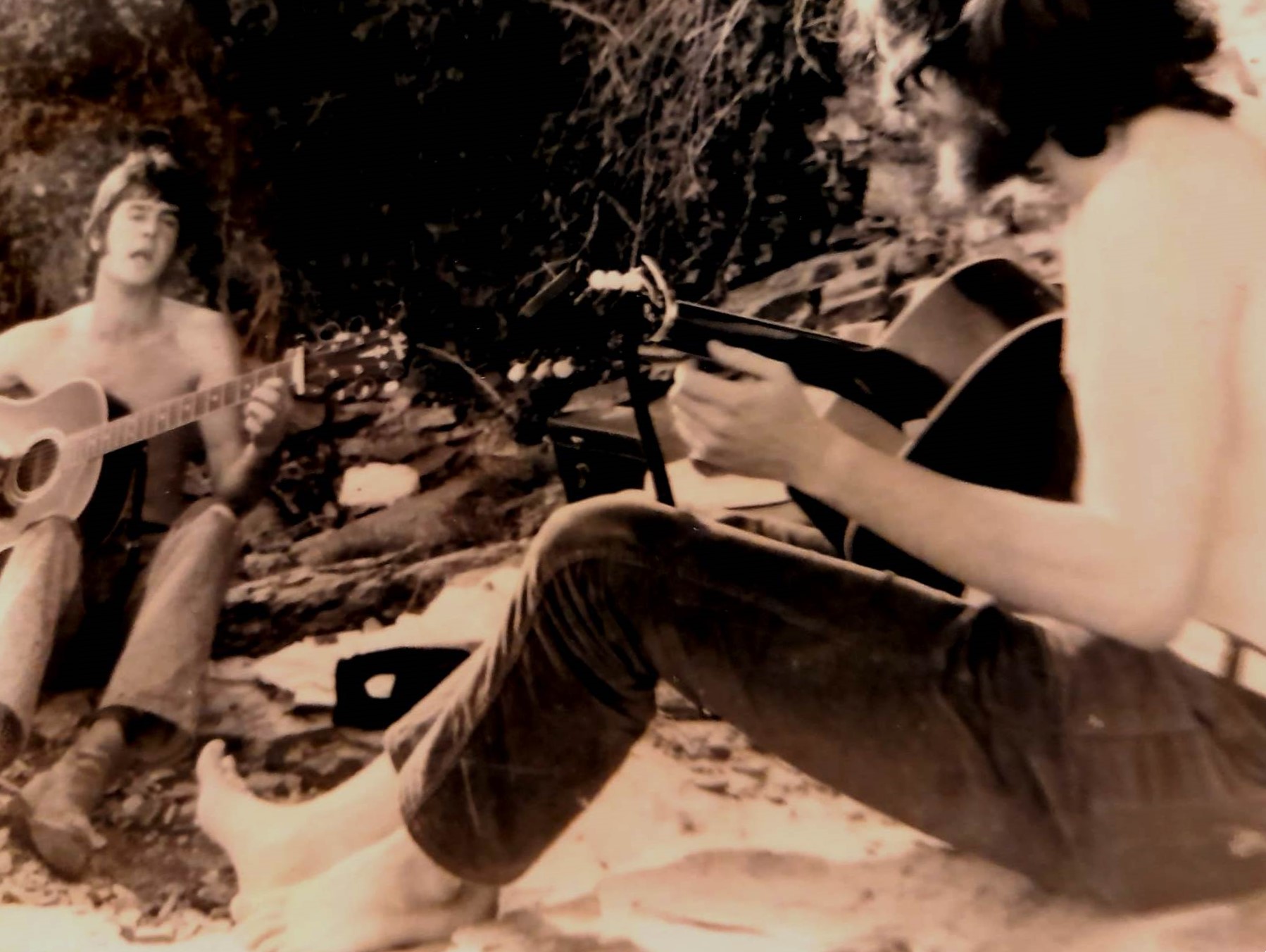Steve Barton | Interview | Unveiling ‘Time Hard Won’ and the Electrifying ‘Juggling Lightning’ Compilation
Steve Barton, the iconic frontman of the 80s band Translator, has recently unveiled his latest album, ‘Time Hard Won.’ Adding to the excitement, Barton will also release compilation album, ‘Juggling Lightning: The Singles Collection 2020-2024,’ in March.
‘Juggling Lightning’ features insightful sleeve notes penned by R.E.M.’s Scott McCaughey. This stellar compilation spans five prolific years from 2020 to 2024 and includes two exclusive bonus tracks. Reflecting on the collection, Scott McCaughey shared his thoughts: “I first met Steve Barton after a Wesley Stace (John Wesley Harding) show in Portland, Oregon. A place that I reside and it turns out Steve does too. I was pleased! Being a fan of Translator, I had experienced them at a very memorable performance in Seattle in the early-ish ‘80s. As is prone to happen, I was especially impressed with a rendition of Plastic Ono Band’s ‘Remember’ in the encore. But it’s hard not to remember the band’s (and Steve’s) classic ‘Everywhere That I’m Not.’ Damn, to write an amazing song that follows you around… You see, Mr. Barton is the kind of guy I can relate to. He is going to keep on writing and recording songs until he can’t. This compilation of recent should-be-hit-singles is as good as everything else he’s done, which is saying a lot. You’ll hear Debbi Peterson and me and our pal Peter Buck on some of these tracks. We’re a community and we live to make noise with our friends. Dave Scheff is there too, as is a fellow Minus 5er Steve Berlin (oh yeah, he’s in Los Lobos too)… Spend some time with Steve Barton — he’s a great guy!”
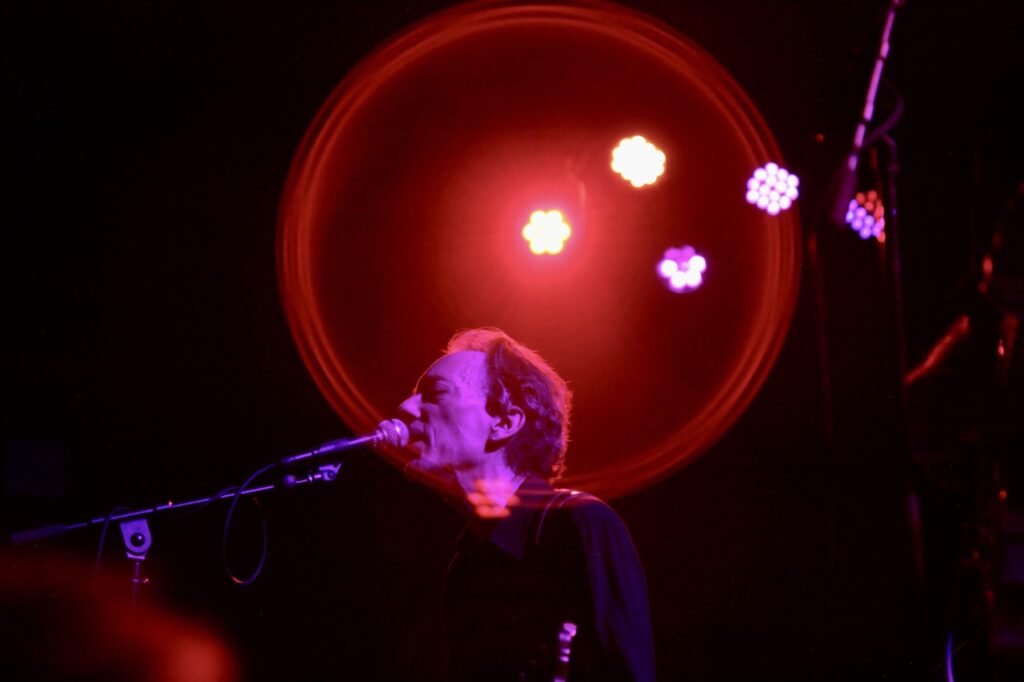
“I’ve got a concept rolling around in my head for a wild psychedelic album.”
‘Time Hard Won’ is described as your most “vibey” album to date. How did the overall feel of the record come together during the recording process?
Steve Barton: I had a couple of experiences seeing bands where every song was uptempo and loud — I do love that! But I found myself wishing that they would play a slow, moody, quiet song. It never came. Also, I heard ‘Therefore I Am’ by Billie Eilish. It blew me away. I went right into my studio and wrote ‘Off The Ground.’ It was the first song I wrote for the album. The middle eight launches into a celebratory feeling (I think of it as the “Badfinger section”), then quickly cuts right back into the moody groove of the song. That set the tone for what would become the album. I started to sing in my lower register as well. After that song, I wrote ‘She’s Your Ocean Now,’ ‘After Everywhere,’ ‘Everything Lasts Forever,’ and ‘Time Hard Won’ — all slower numbers sung low. ‘Tie Me To The Tracks’ (another languid one) started its life as a fast ‘80s-style song with clipped eighth notes. I listened to it the next morning and knew it was trying too hard. I slowed it waaay down, and it opened up all of the emotional power of the song. But I could tell that an entire album like that wasn’t really what I was after. So, I rounded it out with ‘Love Is Soul,’ ‘Any Anywhere,’ and ‘Top Of The Charts.’ ‘Ours And Ours Alone’ is based on a guitar riff that I’ve had knocking around since I was 14. I love this one. It reminds me of the Translator song ‘These Old Days,’ in that the chords form a big circle that keeps coming around.
You’ve been at this for a while, from your Translator days to ‘Time Hard Won.’ What keeps you pushing forward creatively after all these years?
I had my first band at the age of 11 and my first publishing deal when I was 14 years old — I can’t really remember a time when I haven’t been like this! Just last night, well, early in the morning around 3 a.m., I woke up with some lyrics for a song that I’m currently working on. I get inspired in all sorts of ways. I’m in my fave cafe writing this, and the music is incredible — some instrumental track I’ve never heard before. Not to sound too corny, but I did hear a sparrow yesterday repeating four notes — I hit record on my phone. I might very well use that melody somewhere.
I would love if you could share some further words about the recording and producing of ‘Time Hard Won.’
Three of the songs were recorded at my friend Ron Fair’s studio in Nashville. We have known each other since junior high school — best friends back then. Dave Scheff, Translator’s drummer and also my friend since we were teenagers, has played on almost all of my solo albums. He and I flew to Nashville and recorded ‘Off The Ground,’ ‘Ours And Ours Alone,’ and ‘Time Hard Won’ in that studio. It was a long, very focused weekend. I sent one of the songs to Michael Smith in London to mix. His work was so beautiful that he ended up mixing the entire album. There are two piano songs — ‘Everything Lasts Forever’ and ‘Time Hard Won’ — which I really love. ‘Love Is Soul’ is one of the uptempo songs. I love the unique arrangement touches on all of the songs. Dave’s drumming is astonishing throughout. We recorded his drum tracks in San Francisco. I finished stuff up at my place in Portland. It was mixed and mastered in London. Sort of a global affair!
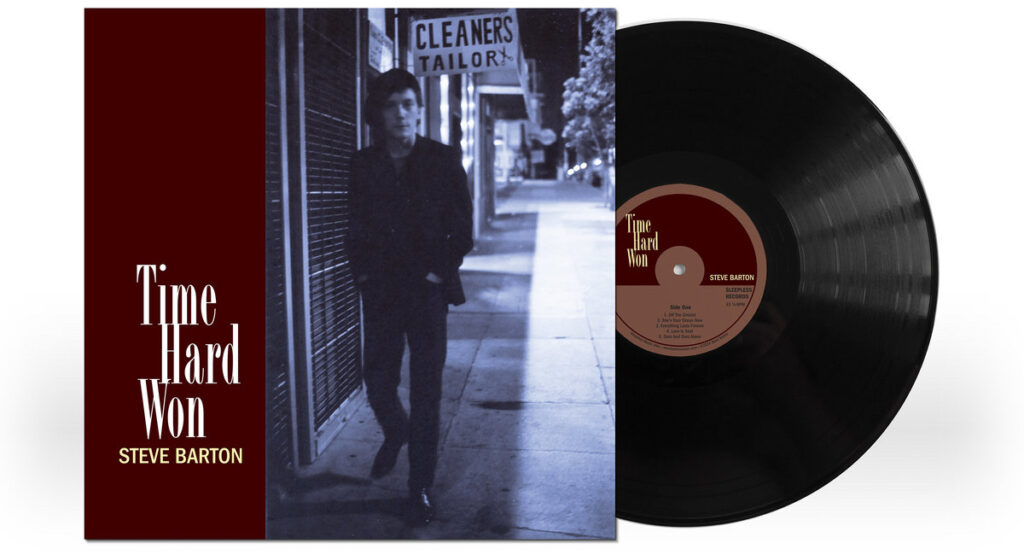
Scott McCaughey’s notes for ‘Juggling Lightning’ mention the sense of community in your music, with collaborations from names like Peter Buck and Debbi Peterson. What role does that sense of community play in your creative process?
I love what other people bring to the party. Scott, Peter, and Debbi all appear on my 2022 holiday single as well as a few other tracks. It was phenomenal to be in the studio recording those songs, working out guitar parts with Peter. Debbi and I sang the harmonies together. Again, stunning. Scott’s bass playing is just wonderful. And of course, Dave Scheff’s drumming brings it all together. One of the bonus tracks is my cover of the Rolling Stones song ‘Dandelion.’ Pete Thomas from the Attractions played drums on that one! So, yeah, I crave collaboration. It always takes things to unexpected, cool places.
Speaking of ‘Juggling Lightning: The Singles Collection 2020-2024,’ how does it feel to look back on the past five years of your solo work? What do you hope listeners take away from that compilation?
It was a blast to look back. I’m not a nostalgic person. I’m always writing the next song or recording the next album. So, listening to everything and sequencing it was really interesting. I hope that people can get a sense of the scope of my songwriting. Some of these are standalone singles, and some are from albums. If this gets people turned on to my work, I’ll be quite happy!
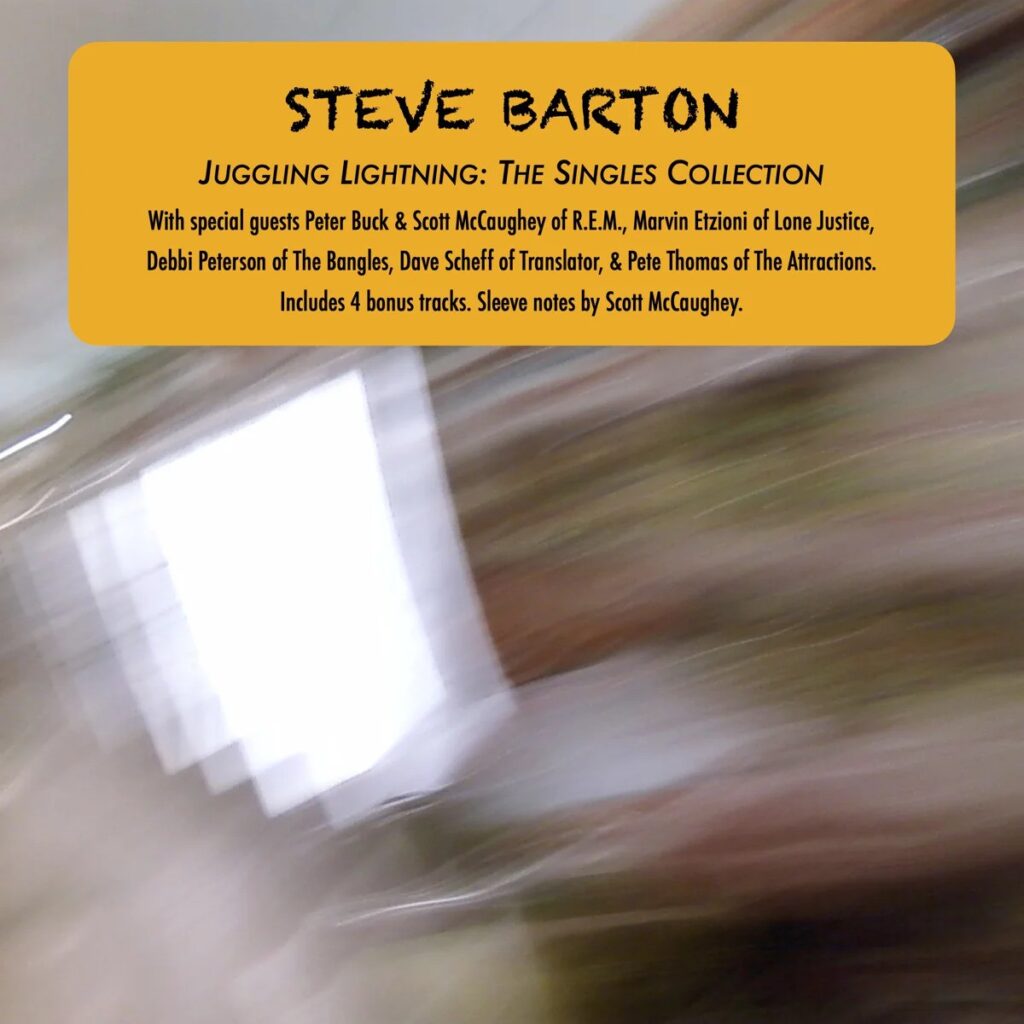
What’s the story behind ‘Mysterious Creature,’ one of the bonus tracks on the upcoming compilation? How does it connect with the themes you explore on ‘Time Hard Won’?
I have made a conscious decision that the follow-up album will be my version of a rock and roll record. ‘Mysterious Creature’ is from that upcoming album, and it sets the tone. Loud guitars! Debbi Peterson sings harmony on this one. Scott McCaughey plays fuzz bass and organ! I like all of my albums to be different. Lyrically, many of my songs are about longing and connection. A key line in that song: “feel like some mysterious creature / touched but never really caught.” And the chorus: “sometimes we are just like strangers / sometimes we adjust to strangeness.” If this song were quiet and slower, it could have been on Time Hard Won — it would have fit right in!
Translator made quite an impact. Looking back, what do you think set you apart from other bands in the ’80s alternative scene?
It’s so hard for me to remove myself from it and be objective. But I will say that when we started out as a trio, no one on the scene sounded like us. I mean no one. We were sort of a weird combination of Beatles/Talking Heads/XTC/Cream, with a great love of Frank Sinatra and Monty Python thrown in for good measure. We would go from an angular punk-type song to a ballad to psychedelic swirling melodic noise, all in the same set. Nothing was off-limits. I’m sure we weren’t alone, but I never heard anything quite like it apart from Translator back then. Our very early fans really loved it. I did too. As we became a four-piece and moved into making records, those fans stayed with us as our audience grew.
What was the San Francisco music scene like when Translator first emerged? How did the city shape your sound and approach to making music?
Moving from LA to San Francisco was pivotal for the band. I had visited SF as a tourist many times, but actually living there was a whole new thing. One of the first bands I ever went to see after we moved was a group called Indoor Life. They were an experimental band. The place was packed, and people were into it! In those days, that would not have happened in LA. THAT made me feel like we had made the right decision to move. Our first shows there were wonderful. I have a friend who says that we stood out then (1981) because we wore suits and had harmonies. They weren’t actually suits — really just jackets from thrift stores and black jeans — but we did have a certain vibe on stage. In those days, most of the bands played short songs with fast tempos. We did too, but the fact that we would play ‘Girl From Ipanema’ in our set alongside our punk version of the Beatles’ ‘She’s Leaving Home’ turned some heads. But it was our original songs that sealed the deal. Again, they weren’t like any of the other bands’ numbers. We were almost immediately accepted in SF by really cool bands and club bookers. I loved every second of it.
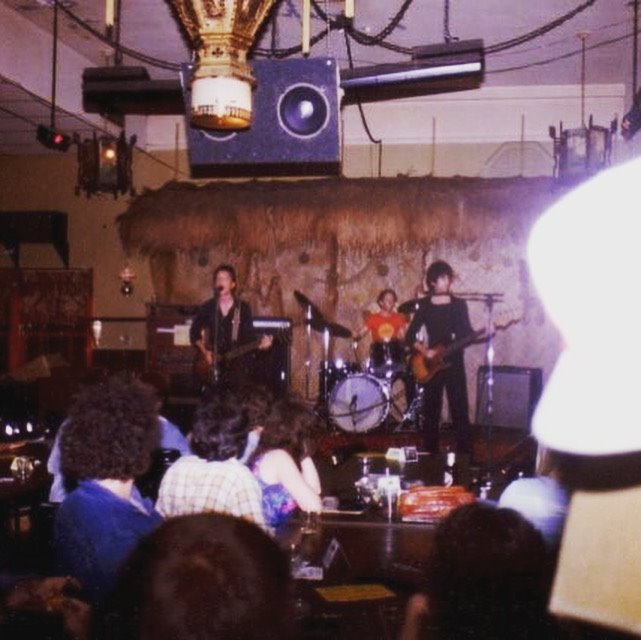
Translator has always been known for its live shows. Do you have any standout memories from those early performances, when you were really starting to make a name for yourselves?
I remember a show on my birthday in 1981. We were playing at a great club called the Berkeley Square. We would end up playing there tons of times. But on this particular night, we opened with a brand new song of mine called ‘For Very Long.’ We never recorded it, but played it in those early days. From the first note, I could tell that it would be a great night. The sound of the guitars, Dave’s drums, the melodic thunder of Larry’s bass playing, the packed crowd — it all felt perfect.
As time moved on and the band progressed with albums, our live shows expanded into two-hour events. Along with our core fans, we started to notice new faces — younger Deadheads. We didn’t sound at all like the Grateful Dead, but I think they were drawn to the sense of danger that improvisation can bring. We had a song when we were still in LA called “Puzzles.” It had a long out vamp that repeated over and over again. We thought of it as true psychedelia — no solos, just the sound of frequencies colliding as the guitars and cymbals met in the air. Sometimes, it was almost like an organ was playing — I’d hear melodies. The audiences loved it. On our third album, we had a song called ‘Breathless Agony.’ That was one of the first songs that we extended out after we started making records. It was the kind of song that got our original fans and the Deadheads excited. We made an effort to not lapse into trite blues solos in our improvisations. If we ever did, I’d find myself on stage thinking, “This sounds like the fucking Allman Brothers, not Translator!” We all felt the same way, so we’d try to correct that the next time!
‘Heartbeats and Triggers’ really put Translator on the map, especially with Everywhere That I’m Not. The album had this raw, post-punk energy mixed with melodic sensibilities. What do you remember most about recording that debut, and how did the song come to encapsulate the band’s early sound?
I wrote ‘Everywhere That I’m Not’ in Los Angeles when Translator was still a trio. I’m not even sure if we had done any gigs yet! It was written pretty quickly. I remember wanting to have a song with almost nursery rhyme kind of words. So, “I thought I saw you / out on the avenue” came out. In those days, I never would have written something that direct. But once that line came, I filled the song in with other senses — “I thought I heard your voice”, “I thought I felt your touch.” From there, it was easy. I was in a relationship that was exploding apart, so the feeling of being separate from someone came naturally. A friend reminded me recently that he and I had listened to my 45 of “Live” by the Merry-Go-Round before I wrote my song. I think I came to the song from that and from Iggy Pop’s “Lust For Life” album, which was essentially on repeat at my house back then. The way that the word Impossible is split up (“that’s impossible – that’s im – that’s impossible – that’s imposs…”) might have come from a teenage memory of the Doors song ‘You’re Lost Little Girl.’ Jim Morrison sings “Im-poss-ible, yes, but it’s true.” I was obsessed with the Doors as a teenager. I know that ‘Everywhere That I’m Not’ is the song that I will always be remembered for. I am totally fine with that. It does sort of sum up the Translator sound of rawness mixed with melody and melancholy.
We recorded the album with David Kahne in San Francisco. He arranged for a mobile truck to record the basic tracks in our dingy rehearsal studio so we would be comfortable. A genius move! We finished it off in a recording studio.
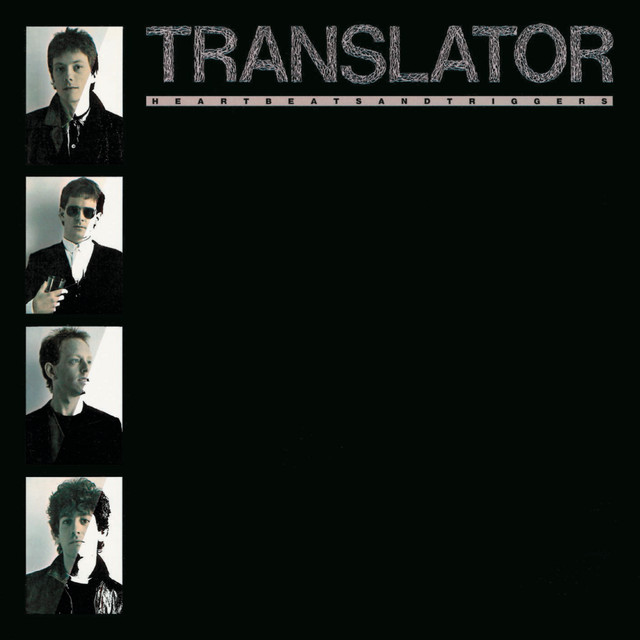
‘When No Time Like Now’ came out, it showed a more expansive side of Translator’s sound, with tracks like ‘Un-Alone’ that hinted at deeper introspection. Was there a shift in the band’s mindset going into that record, and how did you approach balancing your signature sound with new directions?
You are right. We did have a bit of a shift with the second album. Our first album did very well. We had been touring non-stop, playing bigger venues. We did tours with Psychedelic Furs, Gang of Four, and B-52’s, all of which were in large theaters. We wanted to get the sonic vibe of these bigger spaces on record. There is more reverb. I was really into Siouxsie and the Banshees back then — that huge sound. With that in mind, “Un-Alone” started out as a loud, strummy guitar song with big open chords dripping off the walls. We turned it into more of an eighth-note rocker in the studio. It was always a blast to play that song live, and people LOVED hearing it. Yeah, the introspection — “my heart has a mind of its own” — it’s in there, alright.
Our signature sound is definitely in that album. On a song called ‘Simple Things,’ the chorus is vintage melodic Translator. One of my faves of ours. So is ‘I Love You,’ which I feel is one of my best songs. Robert Darlington’s ‘I Hear You Follow’ is such a lovely number with stunning lyrics. ‘Circumstance Laughing’ is one of our most compelling and complex songs — it is one of the numbers we would stretch out when we played it live. As I look back, it really is a great album!
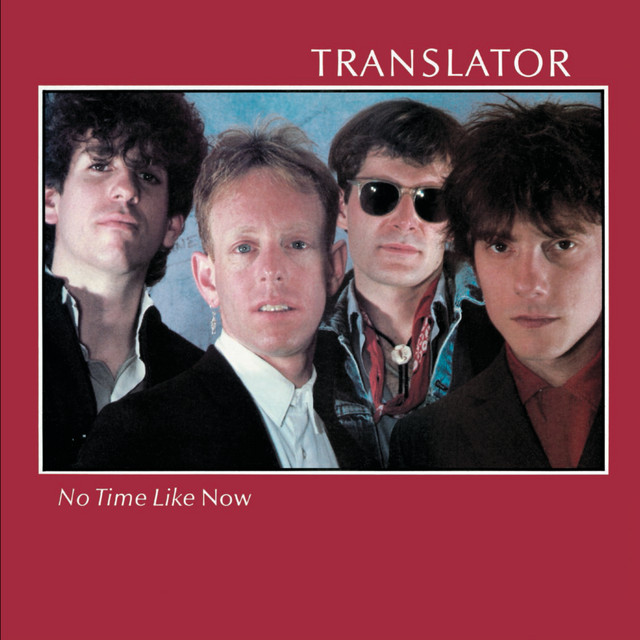
By the time you released ‘Translator,’ the band seemed to fully embrace a moodier, more atmospheric sound. What inspired that shift in tone, and do you see this self-titled album as a turning point in the band’s evolution?
That is the first of the two albums that Ed Stasium produced for us, the other being ‘Evening Of The Harvest.’ With the ‘Translator’ album, we had a bunch of songs written. Robert and I would go into a little room in my flat in San Francisco. He’d play a song that he had just written (‘Gravity,’ for example), and I’d play one of mine (‘Fall Forever’). We’d record acoustic demos on my 4-track reel-to-reel. I’ve still got them! I remember that we’d allow ourselves a celebratory pint at the pub down the block after we’d finished a song. The band dug into those songs as if our lives depended on it. Ed really understood what we were after with the third album. Our fans were thrilled with that one. I vividly remember playing some sold-out show and watching the crowd bobbing up and down as we blasted out “Fall Forever.” That album was a turning point of sorts, but I think that with each album (maybe with each song), the world shifts on its axis a bit… That was a good moment.
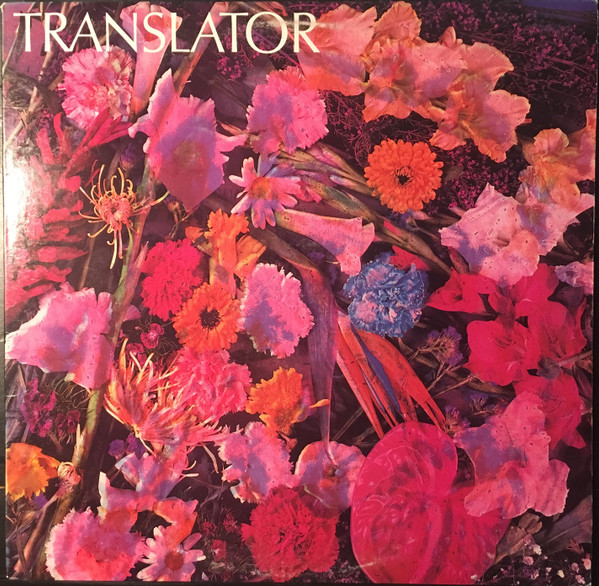
What currently occupies your life?
Songwriting is a huge part of my day-to-day. I can spend hours in my studio.
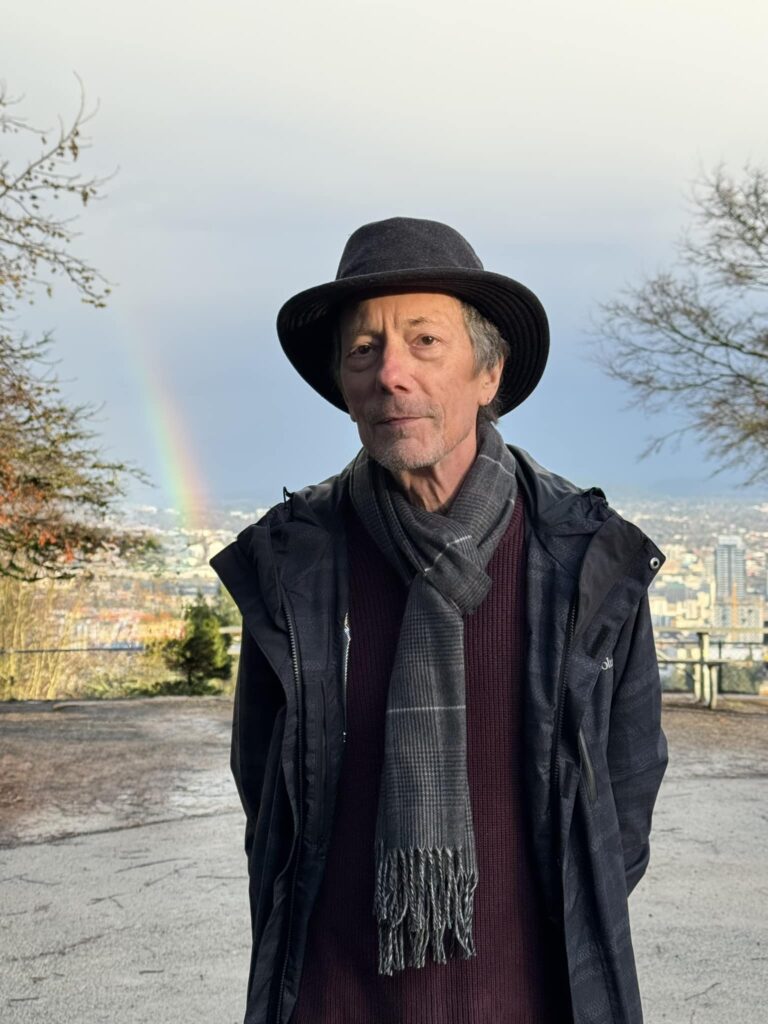
Looking forward, do you see yourself diving further into this more experimental, “vibey” territory, or do you have other sonic directions in mind for future projects?
I’ve got a new uptempo album almost finished, and another more intimate record is close to being done. I’d really like to make a loud, rude rock-and-roll guitar dance album. Maybe a country record. I’ve got a concept rolling around in my head for a wild psychedelic album. I wrote the music for a short film called “Mute,” which is based on a Stephen King short story. Soundtracks are very intriguing to me. I loved doing that. Oh, and Translator has a live album of a show from 1986 coming out in 2025, with two new songs as bonus tracks. So, lots and lots.
Klemen Breznikar
Steve Barton Website / Facebook / Instagram / Bandcamp

